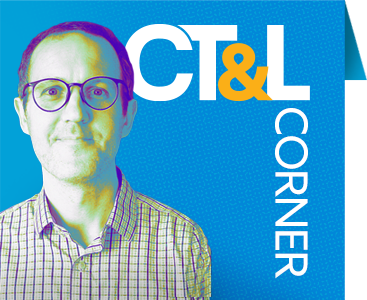You may have heard this story: a teacher is told that their students have above average IQs, and the teacher engages with their class, with above average results. The teacher is later told that, in fact, their students were an average (re: mixed ability) group. The self-fulfilling prophecy of positive expectations leading to positive outcomes came to be known as the Pygmalion effect (after the George Bernard Shaw work, which was later adapted into the musical, My Fair Lady). In subsequent decades, this research has been replicated with varying degrees of success (see Good et al., for a summary of 20 years of this research). While it’s clear that there is correlation between teacher expectations and student outcomes, it’s less clear how strong that effect is.
A parallel concept that has gained a lot of traction is Carol Dweck’s work on growth (vs. fixed) mindsets (See Dweck, 2006 for the book-length treatment; See here for the TED Talk). In Dweck’s research, students who are taught that their abilities are changeable (growth mindset) have more positive outcomes than students who believe that abilities are fixed. Researchers have extended these ideas to consider the effects of instructor mindset on student outcomes (See Canning et al., 2019). As we start a new semester, I thought it was worth pausing to reflect on the beliefs that we bring into the classroom and how we might question those beliefs.
The idea of growth mindsets has generated quite a deal of hype in recent years (along with the related concept, grit), sometimes being interpreted like the mantra of The Little Engine That Could: “I think I can, I think I can, I think I can…” Yet, Dweck cautions against this simplistic view of growth mindset. While Dweck’s initial research suggests that teachers, coaches, and parents praise students for effort rather than ability (“You must’ve worked hard” vs. “You’re so smart!”), Dweck notes that a growth mindset is about more than just effort or self-belief: it’s really about a willingness to look for alternative approaches. Dweck gives the example of praising a student for effort (“Nice try…”) even when they continue to get it wrong: the student may conclude that the instructor doesn’t believe in them or that they can’t get it wrong (“This is the best I can do…”).
One idea that does emerge from Dweck’s work is the idea that potential is, by its very nature, unknowable. This is not the same thing as saying that everyone’s potential is unlimited, but it does mean that we don’t know what other approaches, what reframed questions, or what additional opportunities might unlock an idea for a particular student. In my last post of the fall semester, I mentioned that viewing our students through the lens of grades may be convenient and seem objective, but we may find ourselves writing off initial missteps (“Maybe they’re not an A student…”). Let alone that plenty of research questions the correlation between grades and student learning or ability, we risk embracing fixed mindsets before we search for alternatives.
So, am I concluding that we should try anything and everything? No, I am not. I respect the labor that goes into teaching just as much as I respect the labor that goes into learning. That said, I am suggesting that we have room to question our assumptions about students, seek out different teaching approaches (as one example, Lancaster Learns is a local, annual event that addresses teaching and learning across disciplines), and utilize the resources we have at our disposal here at PCAD: our student success team, your colleagues, your friendly Center for Teaching & Learning, even the feedback your students provide (as a way of understanding when/where they don’t seem to get it). In other words, rather than just ‘trying harder,’ we can try something else (or reach out to someone else). With so many resources available to both teachers and students, there’s so much we can do before we come to any conclusions about anyone’s (possibly unknowable) potential.


